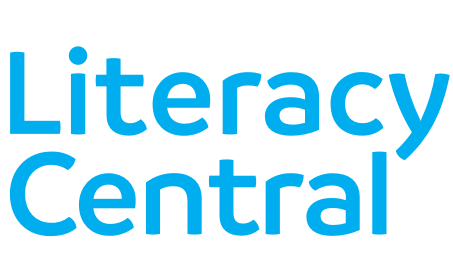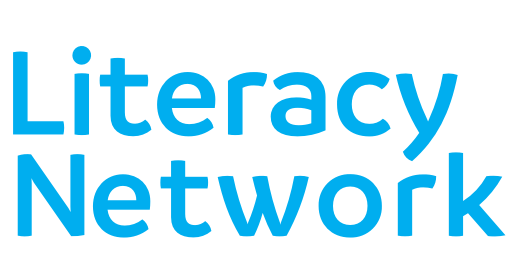Would you call a giant cheese grater a work of art? Mona Hatoum would. She is renowned for transforming ordinary objects into extraordinary sculptures that make a statement about the world. Both poetic and political, she has been described as “an artist forever pushing herself to do things differently.”
Mona Hatoum was born in Beirut, Lebanon in 1952. Her family is Palestinian. She explains that many Palestinian families who came to Beirut in the 1950s were not able to get Lebanese identity cards because the Lebanese government did not want them there. This situation created a problem for Mona when she visited London in 1975. While she was there on a short vacation, war broke out in Lebanon. Because she did not have an identity card, she was not allowed back into her home country.
Mona was stranded in London, where she still lives today. She studied there at the Slade School of Art. As part of her studies, she learned about the constructs of race and gender. She communicates about these subjects, as well as the topics of home and foreignness, in her art. She says that her political circumstances “created a kind of dislocation, which manifests itself in my work.”
Mona began by making videos. Her first major work, called Measures of Distance, was a 15-minute video exploring her relationship with her cultural home of Palestine and her adopted home of Lebanon. She also filmed a series of videos called Corps Etranger, which focused on close-ups of her own body parts.
In her later work, Mona has chosen to do more three-dimensional art. She created a sculpture called Light Sentence, which is made of metal grids that symbolize imprisonment. She often uses household objects, like soap and chairs and the infamous cheese grater. She likes to transform everyday things and make them look threatening and unfamiliar.
Mona’s art has won many awards and been displayed all over the world, although some people don’t understand it. It doesn’t bother her when people question why her work is so different. She says, “each person is free to understand what I do in the light of who they are and where they stand.”



 About BeeLine
About BeeLine